Boy often likes to rebuke me for having impossibly high standards when it comes to TV. ‘Why can’t you just enjoy it?’ he says. This is disappointing. One reason I ruined myself to give him an expensive education is so I wouldn’t have to share my viewing couch with a drooling moron happy to gawp at any old crap. Worse, whenever I try to draw his attention to stuff I consider to be extra specially worth watching — Fauda, Babylon Berlin, etc. — he rejects it because it has been tainted by my recommendation.
So the next brilliant thing he won’t get to see is Gomorrah (Sky). This relentlessly dour and violent series about the Camorra mob in Naples is now filming its fourth season, but because I’ve come to it late I’m still only on the first. What I so love about it — essentially my criterion for all great art — is the ruthless, uncompromising integrity of its vision.
What do I mean by that? Well, the episode where we meet the African immigrants trying to grab a piece of the local drugs trade is a good example. Drama has become so impossibly ‘woke’ these days that few writers or directors could have resisted the opportunity to virtue-signal here by hinting at the moral superiority of the noble Nubian over the grotesquely racist white-skinned chauvinists of the Neapolitan mob.
Yep, the Camorra are shown as racist, no question. In the prison yard they mock the black inmates with monkey noises. Mob boss Pietro is so disgusted that he won’t even make a deal with them, quite clearly considering them to be a lower form of life.
But here’s where it gets interesting: the series — based on a book by Roberto Saviano so carefully researched that the author has had to live since 2006 under police protection — makes no attempt whatsoever to teach Pietro, and by extension the viewer, the error of his ways. The black criminals are shown as no better or worse than the white criminals. And the ultimate outcome is decided by which side is better armed and more violent, not by which outcome is adjudged to be most edifying for the audience.
Gomorrah could never have been made by the BBC. It’s just too honest and real. I know Sky UK has become almost unbearably PC these days, but not its Italian production arm. When black actors appear, it’s because they are playing Africans. Under BBC rules this would be considered insufficient. It probably wouldn’t even have considered making the series unless Idris Elba had committed to the role of Pietro Savastano.
From the sublime to the breathtakingly weird post-post-modern experiment that is Sex Education (Netflix). At least, I hope it’s a post-post-modern experiment: the alternative possibility — that it’s a cynically contrived cultural mash-up designed to appeal to as broad an international audience as possible, which we may as well get used to because this is the future — is almost too depressing to contemplate.
Here’s what’s so odd about it. It’s a school teen drama, abundant with shagging, where all the characters speak with English accents and use British slang. But though it was filmed in Wales, it looks and feels almost entirely American. The clapboard houses with their wooden interiors overlooking coniferous forests look American. The school — called Moordale High — where the kids wear Letterman baseball jackets and play American football even has lockers modelled on the ones in John Hughes’s Breakfast Club. The clothes — most of which look as though they might have been sourced from charity shops in Llandrindod Wells — are a half-hearted stab at 1980s retro.
According to Gillian Anderson, who is very good in the series as a Milf sexologist, this is all deliberate. She told the Radio Times: ‘The rules are shifting all the time in terms of how an audience receives the shows that they’re watching, what they’re willing to accept and what realms and worlds they’re willing to step into to suspend their disbelief.’
Obviously, I’m not the target audience but I found it impossibly distracting. It felt like watching one of those films like Pleasantville — set in a town where everyone lives as though they’re in a 1950s TV show — where the jarring dissonance of the set-up is everything. With Sex Education, though, instead of relishing the hallucinogenic strangeness and applauding the running joke you are instead expected to pretend that neither exists.
But I fear it could be a generational thing. While Boy agreed that the badly done American/British 1980s mash-up aspect was the most interesting thing about it, he still managed to find sufficient space in his busy university reading schedule to sit through five whole episodes of this tosh. And? ‘Well, I think the gay black kid is a nice character. And you’ve got to say how great Gillian Anderson is in it.’ Hmm. I think I still want a refund on those school fees.
Got something to add? Join the discussion and comment below.
Get 10 issues for just $10
Subscribe to The Spectator Australia today for the next 10 magazine issues, plus full online access, for just $10.
You might disagree with half of it, but you’ll enjoy reading all of it. Try your first month for free, then just $2 a week for the remainder of your first year.


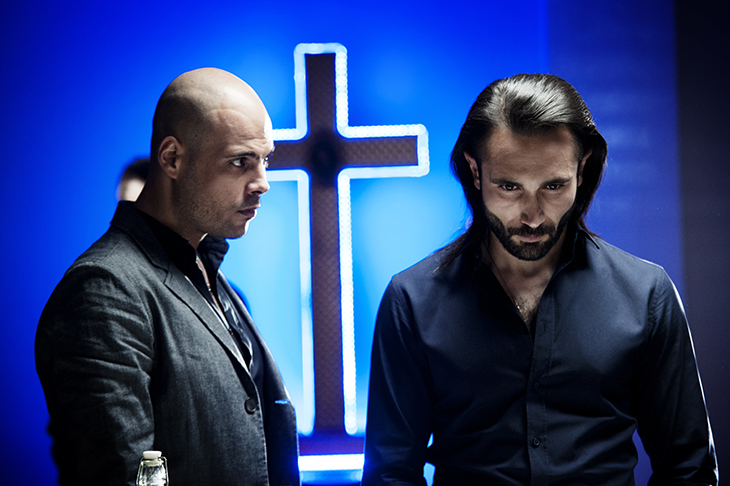
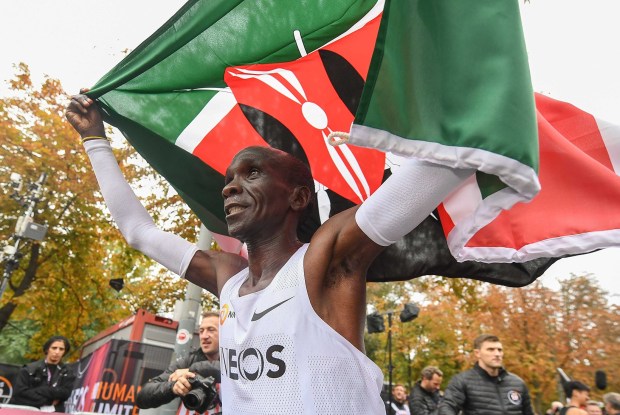
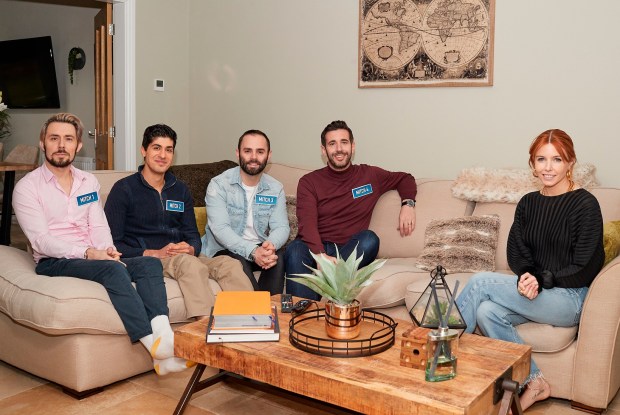
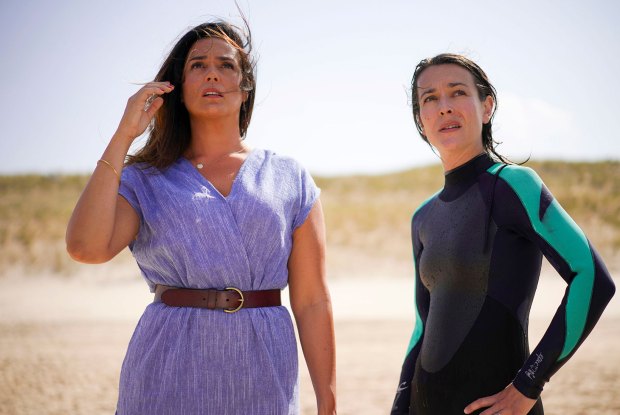

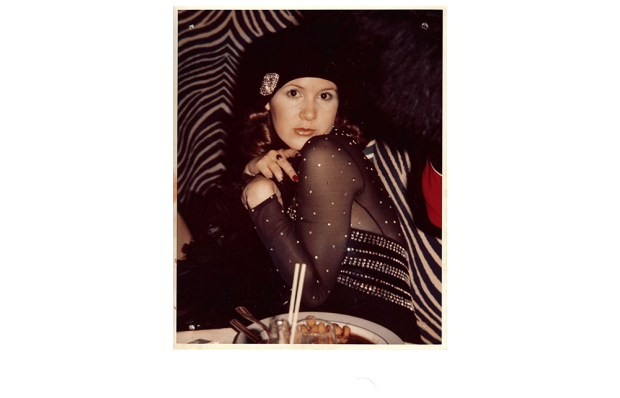







Comments
Don't miss out
Join the conversation with other Spectator Australia readers. Subscribe to leave a comment.
SUBSCRIBEAlready a subscriber? Log in